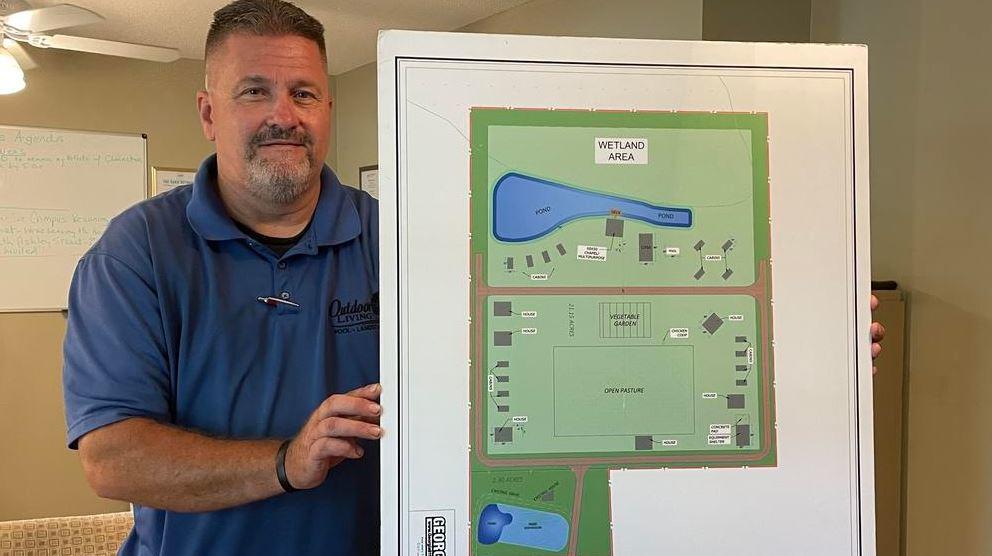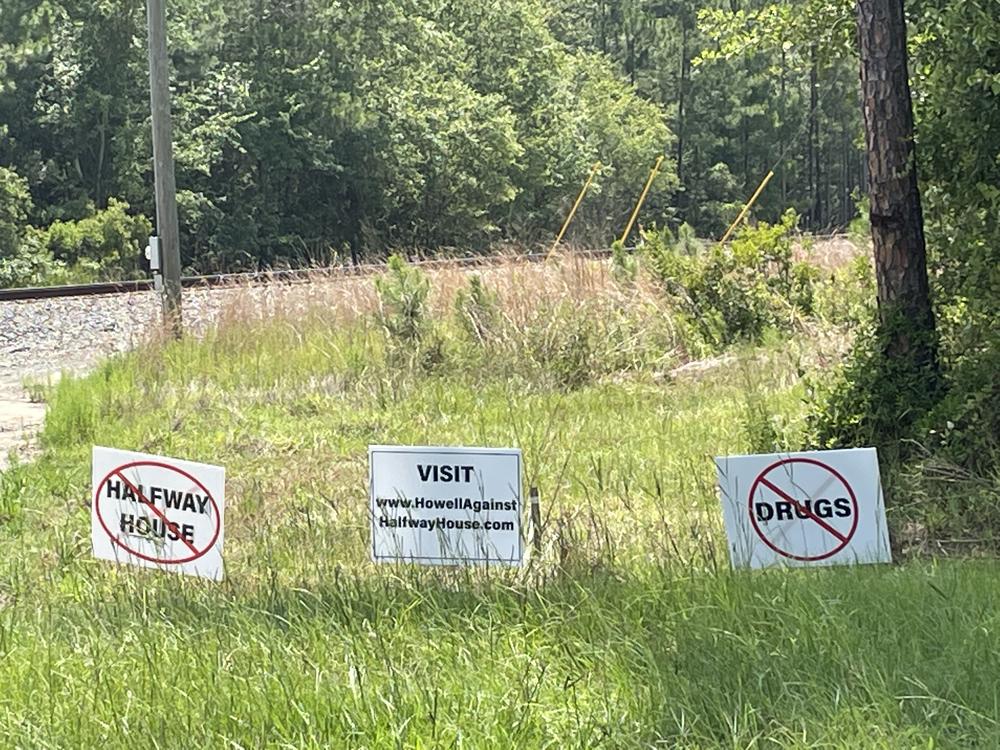
Section Branding
Header Content
New zoning law may help prevent stigma against housing for people in addiction recovery
Primary Content
LISTEN: A new state law, House Bill 1073, gives Georgians recovering from addiction more options for safe housing by removing the state code requiring recovery residences to wait longer for zoning approval. GPB’s Ellen Eldridge has more.

For people in addiction recovery, returning home can compromise their sobriety, so they can find support living with their peers as they rejoin society after treatment or confinement.
These alternate homes — sometimes known as halfway houses — save lives by providing a vital, supportive environment that fosters healing, accountability, and a sense of community, said Todd Wilson, the executive director of the Georgia Association of Recovery Residences (GARR).
GARR has overseen safety and ethical standards for recovery residences in Georgia since 1987.
Recovery residences provide peer-supported, alcohol- and drug-free living environments for people who are transitioning back into mainstream life following treatment in an alcohol or drug treatment program, release from prison, or those who are on probation or parole.
These residences are not licensed in Georgia but they are protected by the Fair Housing Act.
Redeemed Living, regulated as a 501(c)3 nonprofit, sought out oversight from GARR, a nongovernmental group that isn’t accountable to the public.
GARR conducted an inspection of the Valdosta home to ensure proper living conditions and reviewed the transitional housing's program for accountability, which includes background checks.
All residents must share their physical location with a phone app.
But none of this was enough to assuage neighbors' concerns about potential residents.

Residents of Lowndes County’s Howell Road, which is where Redeemed Living wants to build, said they do not want an unregulated halfway house in their community.
Resident Jesse Bush said he believes Morris and the Redeemed Living board of directors are “good-hearted folks” who want to help addicts, but Bush wants them to stay in a place with government regulation.
“A place with a high police presence, government oversight and that sort of thing,” Bush said. “Not out in the community with a bunch of homes and schools adjacent to the property.”
But taxpayers pick up the tab for state-run facilities, so, more often, nonprofits like Redeemed Living pick up the slack when it comes to transitional housing.
Brent Moore, the founder of Redeemed Living in Valdosta, said neighbors opposed to his planned sober living campus used language in an old law to their benefit.
Local rezoning requests typically take between 15 to 45 days under Georgia state code, but, until this year, that wasn’t true for properties like this one.
Gov. Brian Kemp signed House Bill 1073, which removes language in the state code that, since 1998, required a longer waiting period for zoning decisions involving a halfway house, drug rehabilitation center, or other facility for treatment of drug dependency.
Previously, applications had to wait six to nine months prior to the date of final action on the zoning decision.
So, despite having a 3 to 2 vote from the zoning board in favor of the recovery campus, neighbors used that loophole in the law and forced the zoning approval process to start over.
"They had to go in and vote to reverse it, and start the clock over," Moore said.
After six months and one day, the rezoning request was again voted favorably 3 to 2.
A few weeks after that second zoning board vote, Moore got a letter saying the public notice sign requirement had not been met.
"The sign was still up from the previous meeting, but they didn't update the sign and so they had to go in again, put the sign up," Moore said. "We had to wait another 20 something days, which then it was like in the middle of the month. So then we had to wait another couple weeks or so to actually have the final voting. So we not only were passed 3 to 2 one time, two times, but three times."
In December 2023, Moore's attorney called to say the neighbors wanted to settle their lawsuit and asked Redeemed Living to build the campus in phases over the next 10 years.
"One of the people wanted their name off the lawsuit because they didn't want to sue me anymore," Moore said. "And then I honestly think they just got tired of fighting it. Realized that they weren't going to win. And so that's honestly what I think happened."
Moore agreed to his original plan to phase out construction over the next five years.
"What we're doing is we're providing a safe place for someone to live, to get back on their feet so they can go back into the community," he said. "We're not trying to provide professional services to an individual. They have already gotten the help that they need on the professional service side of things."

